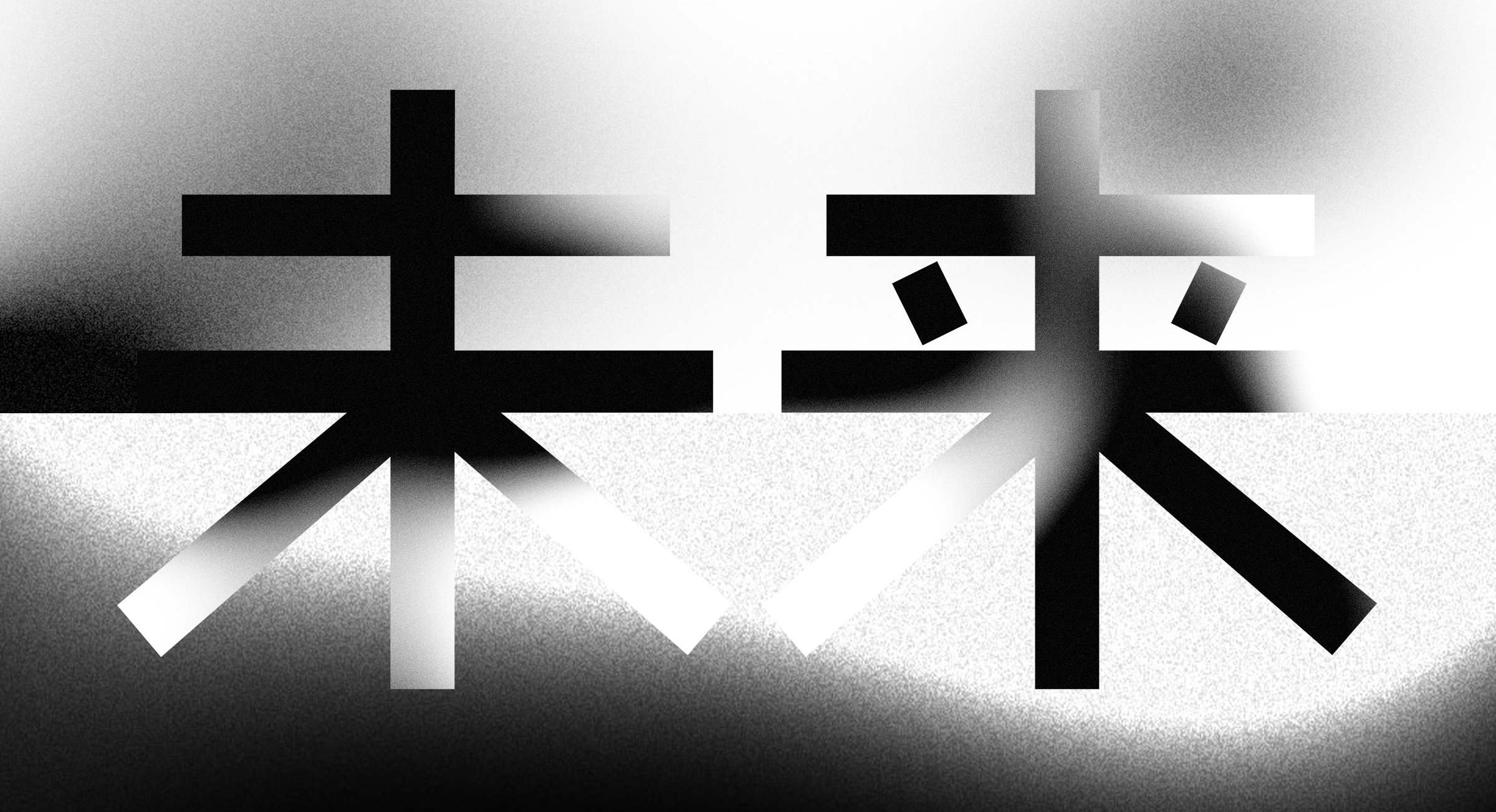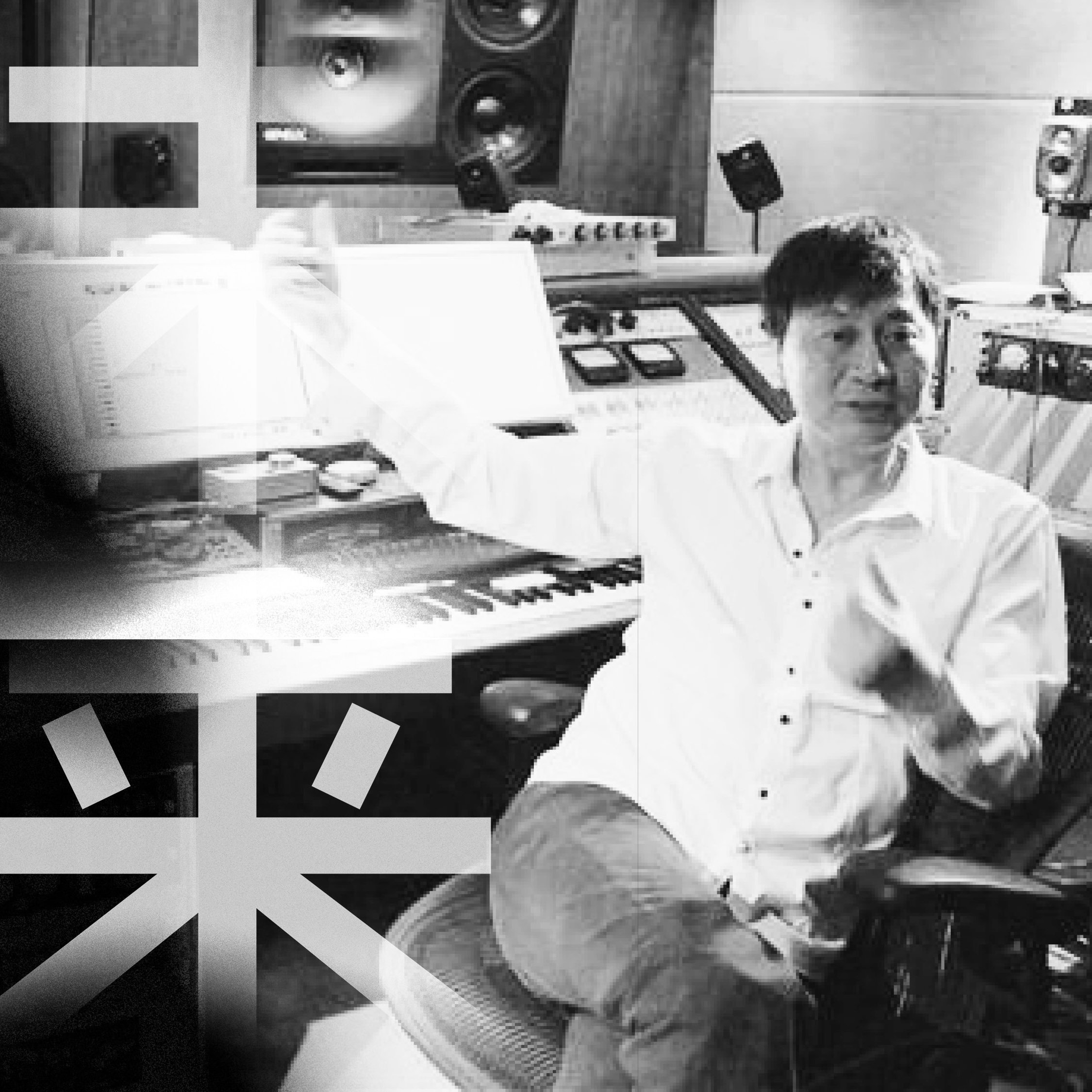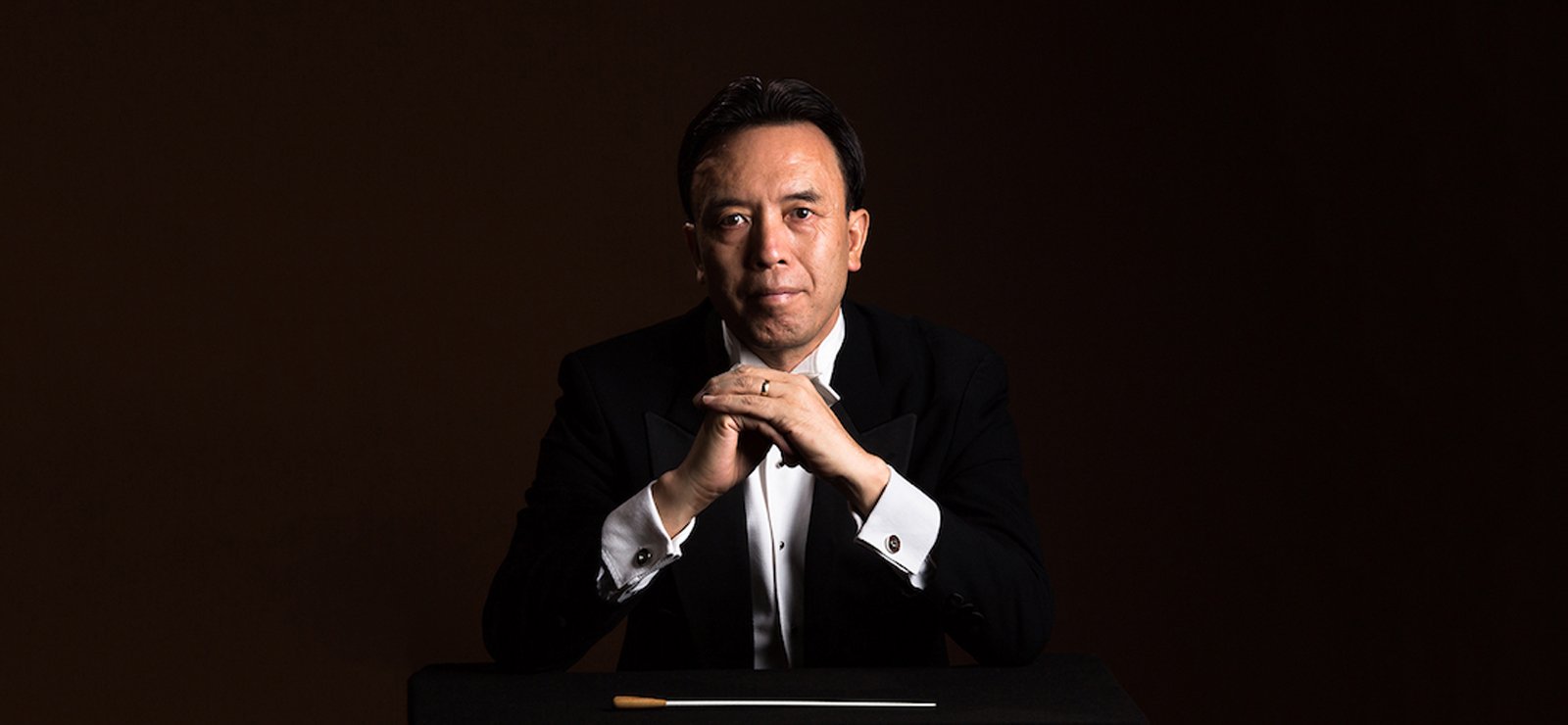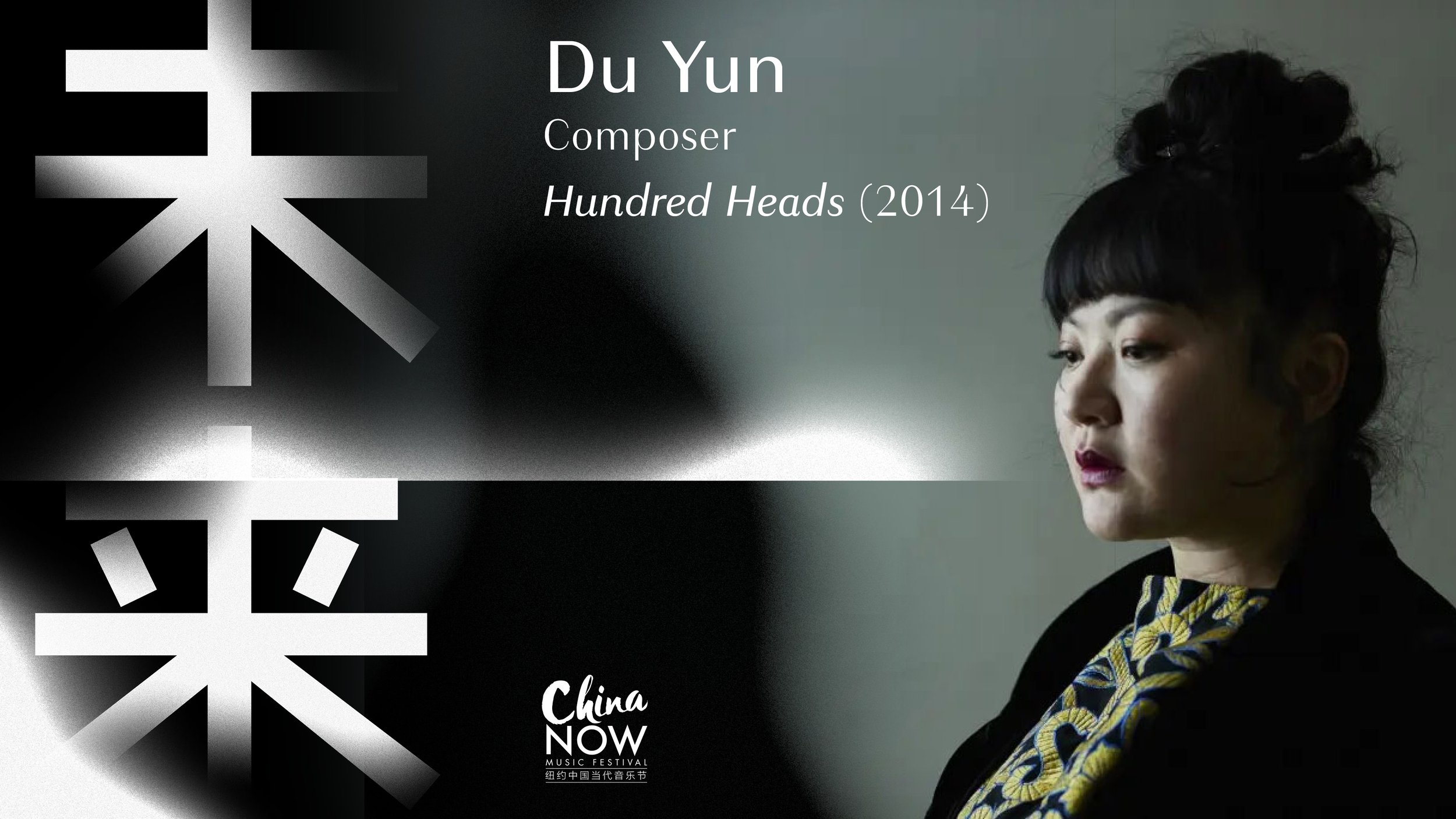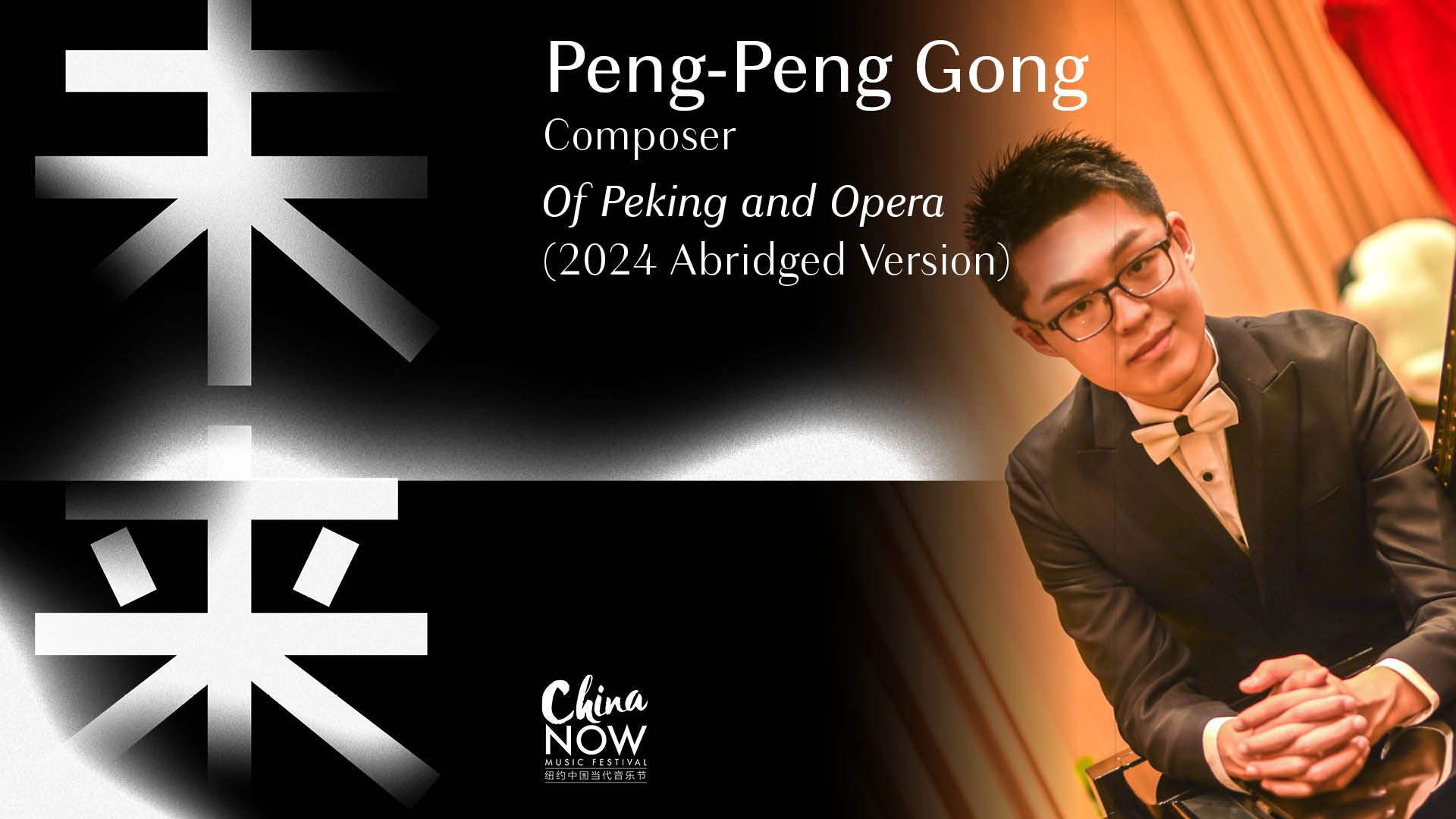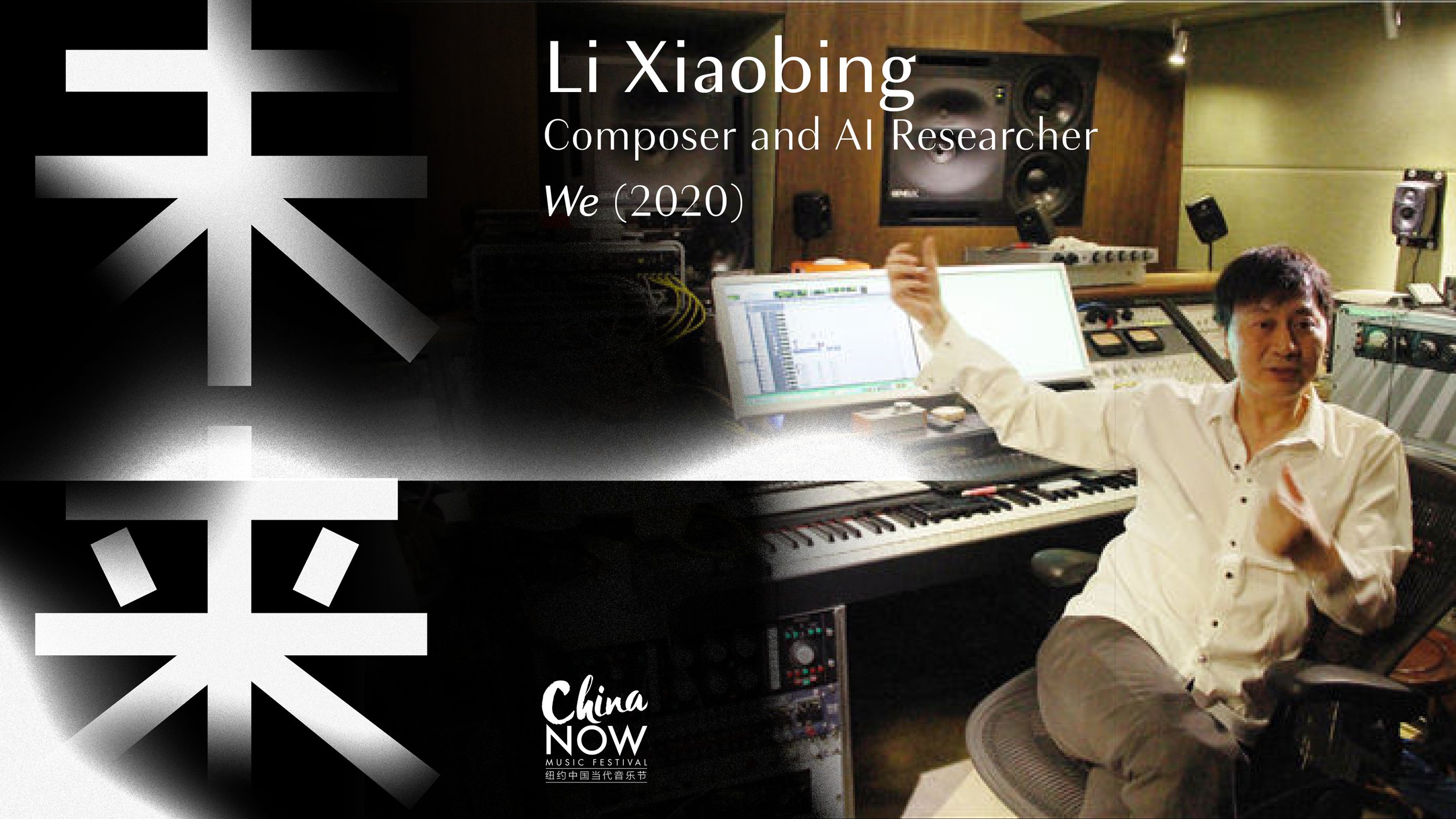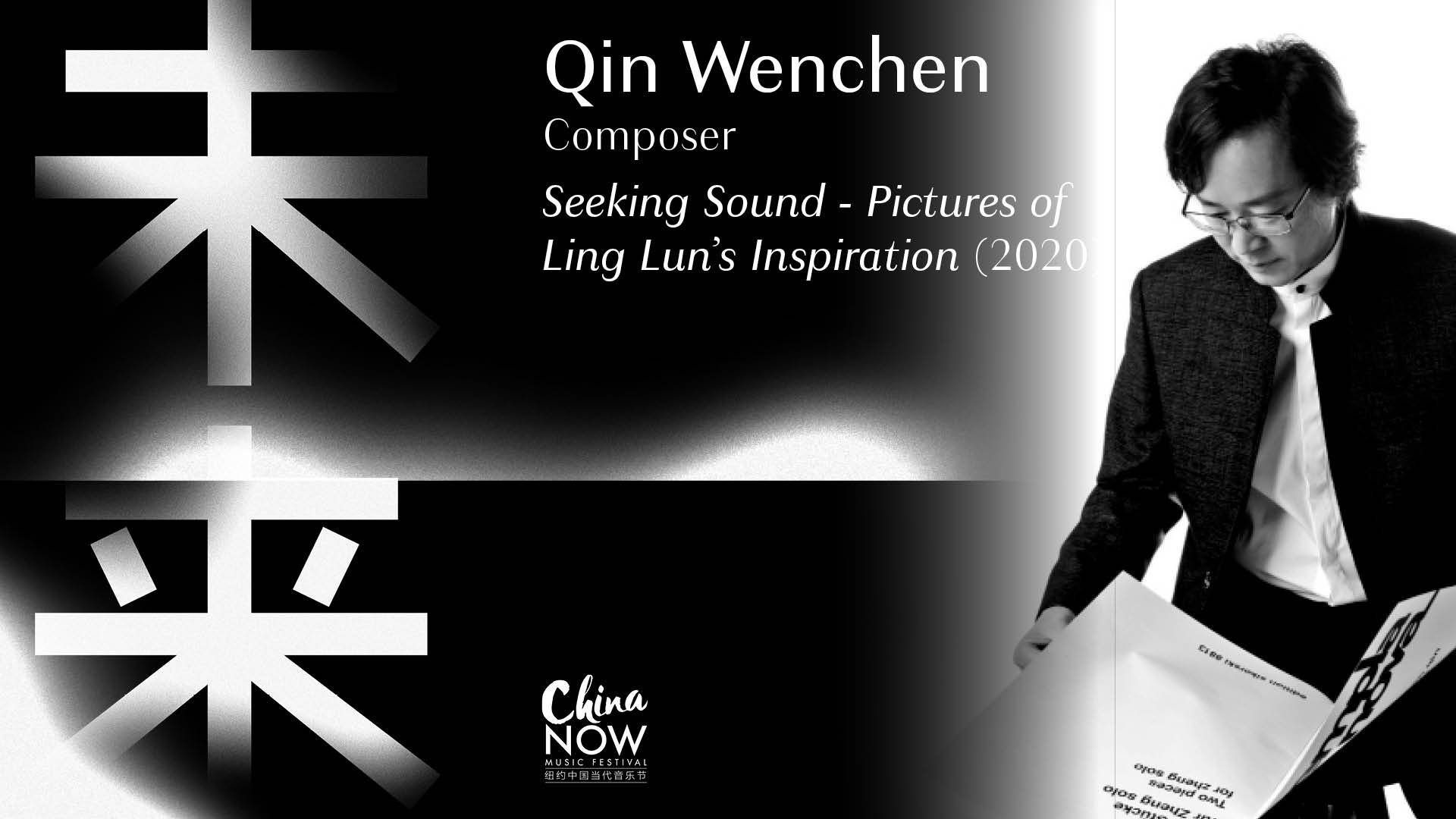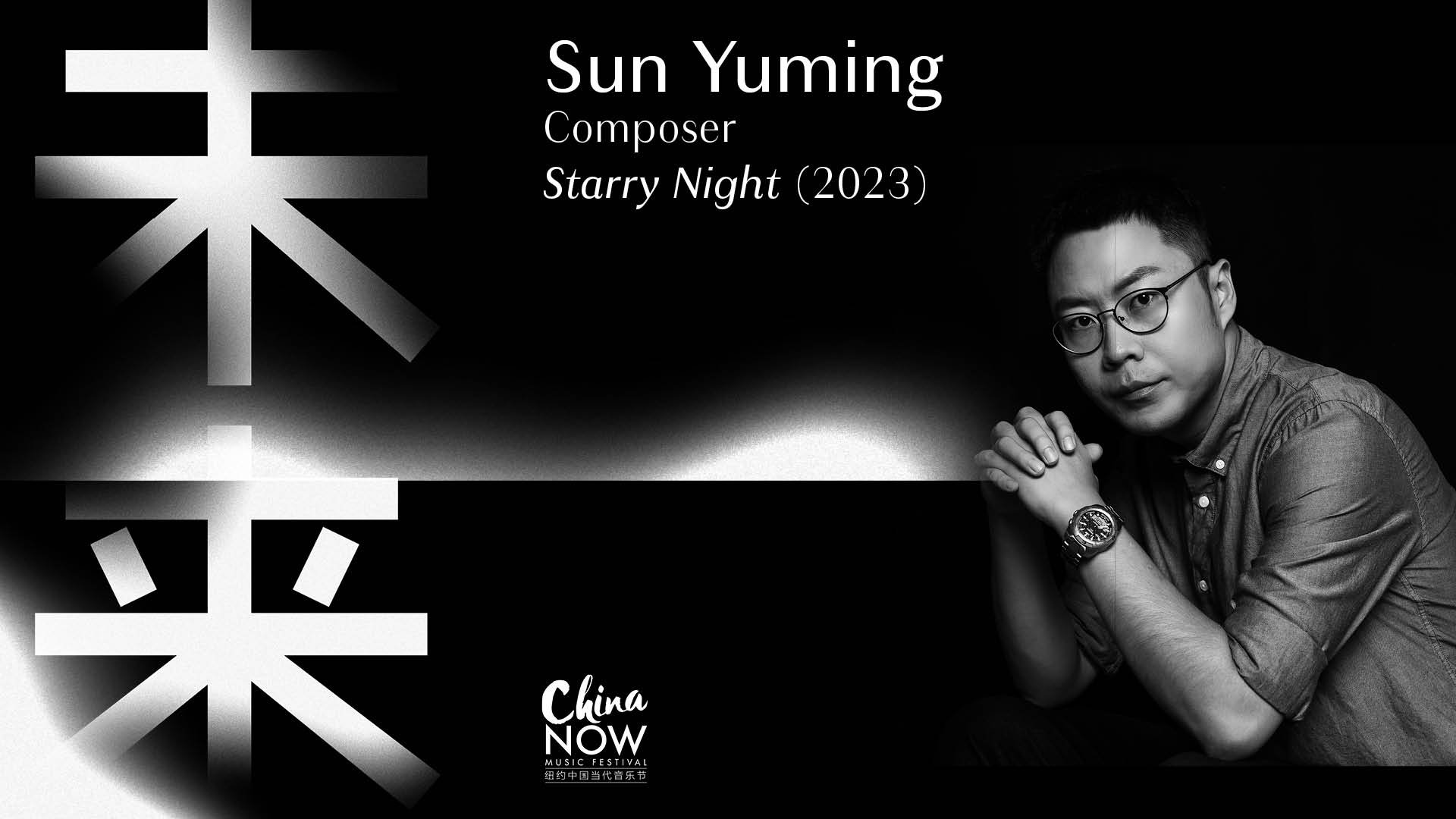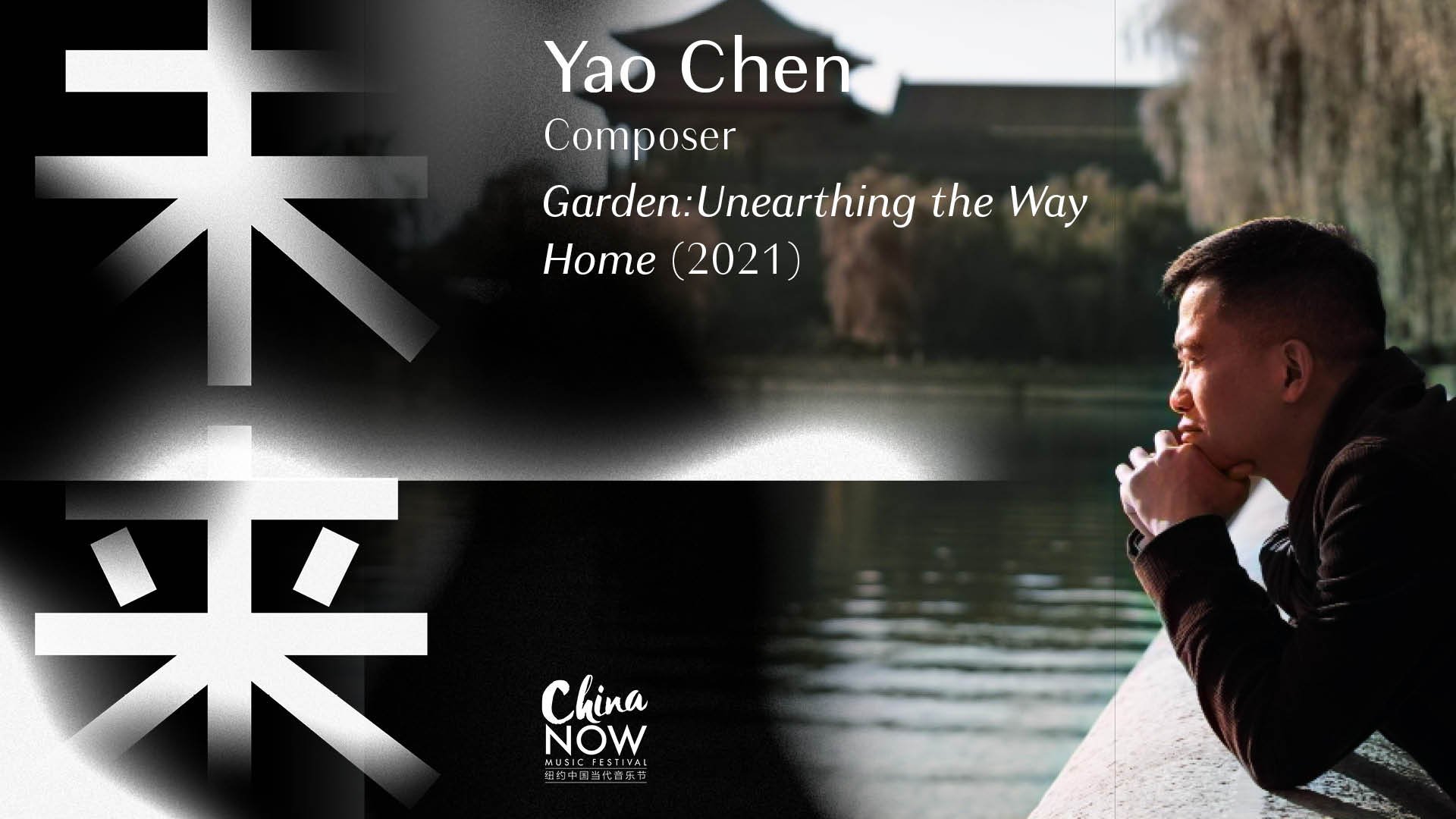The 7th annual China Now Music Festival opens in the majestic Stern Auditorium with an electrifying program featuring new symphonic works by contemporary composers from China, including Qin Wenchen and Yao Chen from the legendary composition faculty of the Central Conservatory of Music (CCOM), locus of some of the most forward thinking and innovative composers of our time.
Pre-Concert Event, 5:30 PM to 7:00 PM
2nd Annual China Now Music Forum
”Composing the Future”
Rohatyn Room at Carnegie Hall
Space is limited. Reservations required.
In keeping with the future-focused theme of this year’s festival events, China Now asked CCOM’s Department of Music Artificial Intelligence to contribute an ‘AI Suite’ to the concert program, composed in part by AI, to open a pathbreaking dialogue between the ‘composer’ and the orchestra, the human and the machine.
Rounding out the dynamic selection are forward-looking pieces by the ever-popular young prodigy Peng-Peng Gong, and the New York City-based Pulitzer Prize-winning composer Du Yun.
CONCERT PROGRAM
Artificial Intelligence Composition System, Central Conservatory of MusiC
中央音乐学院人工智能作曲系统
(b. 2019)
AI Suite
1. Overture: "Welcome" 《序曲:欢迎》 (2022)
2. “A Thousand Miles of Rivers and Mountains” 《千里江山图》 (2022)
-
The overture "Welcome" is an orchestral piece composed by the Central Conservatory of Music's AI composition system. Using a large-scale neural network model trained on vast amounts of musical data through self-supervised learning, the AI generated the brilliance of brass instruments, the romance of woodwinds, and the warmth of strings, expressing the grandeur and majesty of the music with great precision. Keywords: openness, welcoming friends from all over the world. Let us embrace the future together in this dazzling musical experience.
“A Thousand Miles of Rivers and Mountains” is an orchestral work created by AI through deep learning. The musical theme is derived from the ancient Chinese melody "High Mountains and Flowing Water," blending Chinese imagery with modern Western compositional techniques. As the music follows the changing scenes depicted in the digital scroll of "A Thousand Miles of Rivers and Mountains," such as "Sunrise," "Morning Rain," "Clear Day," and "Dusk," it alternates between serene and melodious to lively and brisk, ultimately concluding in a grand atmosphere.
Sun YuminG
孙宇明
(b. 1988)
Starry Night for zheng and orchestra
《繁星散落的夜晚》 (2023)
Xia Jing, guzheng
-
The starry sky has long been a symbolic medium for Chinese literati to express their emotions. This piece uses "stars" as its source of inspiration, with the sound of the guzheng metaphorically conveying the connection between "stars" and "hearts."
The work experimentally incorporates AI technology: using AI visual algorithms and real-time timbre rendering algorithms, the performer can break free from the limitations of physical instruments and play virtual instruments in the air. The performer can not only control pitch, duration, dynamics, and articulation with precision in space but also perform operations like timbre switching and effect changes that are impossible in conventional performances.
Yao CheN
姚晨
(b. 1976)
Garden: Unearthing the Way Home
《造园》 (2021)
-
Gardening is much more than tilling the earth. Chinese literati view gardening as a way of expressing their living style and enthusiasm for life, embodying the unity of nature and humanity. The relationship between garden builders, people who live in gardens, and gardens themselves is symbiotic. Gardens provide an apt demonstration of the Chinese philosophy toward life and its vicissitudes. Creating a garden implies a quest for a way back home to our spiritual homeland.
This understanding of gardens enriched my process of creating Garden: Unearthing the Way Home. I found analogues to the natural world in sound. Hills and trickling waters, or the planting of flowers and trees, are akin to melodies and harmonies conjuring up a garden in sound. Music can also be a microcosm of every garden as it faces the seasons and its chang- ing surroundings: sounds, like flowers, take turns in growing and withering. My piece is in no way impressionistic or imitative of any gardens. I sought instead to highlight the momentum inherent in the notion of “gardening,” and to convey via sound the yearning for “unearthing the way home.” We as humans can rebuild ourselves through gardening; composers, per- formers, and audiences can likewise be reborn through the creation of music. What does the landscape garden, this embodiment of the spirit of the Chinese people, mean to human beings whose cultures are very different from our own? If music is indeed a cross-cultural bridge and a unifying thread, I hope that my piece can offer a universal message of respite, and build a momentary spiritual home in which to contemplate and purify our souls.
Qin WencheN
秦文琛
(b. 1966)
Seeking Sound — Pictures of Ling Lun's Inspiration Dance Suite for Orchestra
《伶伦作乐图》 (2020)
-
Chinese ancestors created music by deriving musical inspirations from Mother Nature. According to legends, Ling Lun, at the decree of Emperor Huang Di in the Great Antiquity, embarked on the mission of creating musical scales and musical instruments. Immediately at the emperor’s order, Ling Lun left the Central Plains, all alone, and traveled tens and thousands of miles, and finally arrived at the great mountain of Kunlun, which was the capital of the immortal gods. The mountain was also where the magical bird Phoenix dwelled. In the wilderness, Ling Lun listened to the chirps of birds and the heavenly sounds of Mother Nature—the sounds of winds, water, and falling leaves and the harmonic symphonies of the phoenix together with hundreds and thousands of birds. Moved and inspired by the melodies of nature, Ling Lun used the bamboo in the Valley of Xie to create the Shabnam (sheng) and a number of other musical instruments. Most importantly, he created twelve musical scales and matched them with five musical tones to depict the sounds of infinite changes in the world. Seeking Sound aims precisely to recapture this touching mythological legend.
INTERMISSION
Li Xiaobing
李小兵
(b. 1967)
We 《我们》 (2020)
-
The piece "We" is a cloud choir composition performed by the "Ten Thousand Voices Cloud Choir," consisting of teachers and students from over a hundred countries, in collaboration with a live symphony orchestra. Artificial intelligence technology handled rhythm alignment, calibration, and solving the problem of latency. Through warm vocal melodies and moving instrumental performances, the work expresses reflections on human destiny, life, and love!
Du Yun
杜韵
(b. 1977)
Hundred Heads (In Tribute to Ray Charles) (2014)
-
When I was asked by the Seattle Symphony to choose an artist who was part of the local cultural map as my inspiration for a new piece, I quickly chose Ray Charles. I make a con- nection between the Hundred-Heads creature, which captivates me, and Ray Charles, who I think has his own incarnations and breaks. The Hundred-Heads is a fish created out of a few words of karma by posthumous repercussions down through time. When he died, the karma of his accumulated invective made him come back to life as a sea monster, floundering under the weight of all the heads he had wished upon his companions. To me, Ray Charles is the echo of that spirit. In my piece, traces of Charles’s best-known tune, “Georgia on My Mind,” are faintly suggested, as is his “Hard Times (No One Knows Better Than I).” Traces of his trademark brass rhythm are also hinted at, often in breaks.
I often wonder about our own musical language. What constitutes others’, when does it become our own? When does an assimilation become an assault? When does the boundary of the divide stop?
Peng-Peng Gong
龚天鹏
(b. 1992)
Symphony No. 10 Of Peking and Opera
《京·剧》组曲 (2020, abr. 2024)
-
In 2018, hoping to support the promotion of Chinese culture abroad, Peng-Peng Gong wrote his Tenth Symphony, subtitled “Peking Fantasy” (Op. 55), co-commissioned by the Philadelphia Orchestra and Shanghai Philharmonic Orchestra. The world premiere was presented by the Philadelphia Orchestra in January 2019 with both orchestras playing side by side. The Philadelphia Inquirer hailed it as “a sweet, sentimental, and direct work with highly original sounds presented in a series of vivid episodes.” Inspired by the power of Peking Opera—the crowning heritage of Chinese traditional performing arts—the symphony strives to translate the emotional and philosophical experience of the art form for international audiences and to explore the Western orchestra’s expressive abilities in capturing the Eastern essence.
The 40-minute premiere, taken from traditional repertory, was condensed into a 20-minute version—Of Peking and Opera—after a meeting between the composer, the two orchestras, and famed Chinese director Teng Junjie. The theme song from Teng’s award-winning Peking Opera film, The Greatest Dynasty, is included in the abridged version. Next, Teng will create a silent film based on the music to accompany future live orchestral performances (thus making it an audio-visual multimedia symphony). Musically, the composer incorporated numerous musical styles to capture different emotions and atmospheres of the subject matter, including the offstage trumpet mourning for the heroine in the traditional opera The Drunken Beauty, a variation on Peking Opera legend Mei Lanfang’s signature sword dance from Farewell My Concubine; and a grandiose brass chant on Cao Cao and Yang Xiu over a huge organ chord, which ends the piece.
THE PERFORMERS
THE COMPOSERS
THE CHINA NOW MUSIC FESTIVAL IS PRESENTED BY


